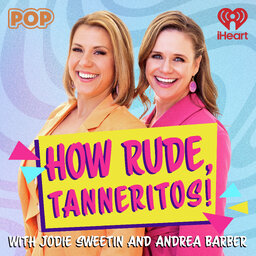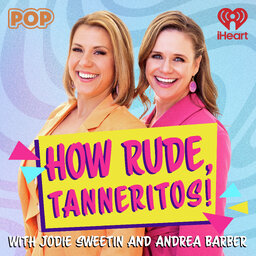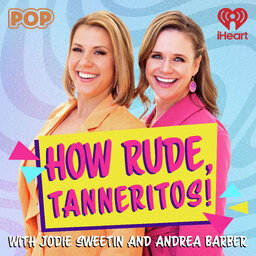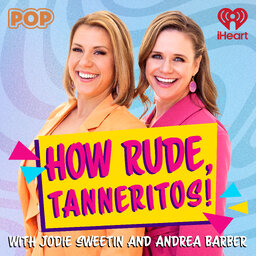Some Time With... Doug McIntyre! (Part 1)
Doug Mcintyre, the writer of two very prominent Full House episodes, is joining us on the podcast today! Doug recalls some incredible memories from the show, while also recalling the tough moments he had to endure. Doug was battling depression during his time on the show, and he tells us how this impacted his writing, and ultimately led to him leaving the job.
This episode provides a deeper look into the life of a writer and what the experience entailed on Full House, specifically. Join us for part 1 of our interview with Doug McIntyre on How Rude, Tanneritos!
In 1 playlist(s)
How Rude, Tanneritos!
How Rude, Tanneritos! A Full House Rewatch Podcast is here!! Stephanie Tanner and Kimmy Gibbler are…Social links
Follow podcast
Recent clips

"Educating Jesse" Recap Season 6, Episode 6
1:07:04

Some Time With... Bobbie Eakes!
29:59

"Lovers and Other Tanners" Recap Season 6, Episode 5
58:48
 How Rude, Tanneritos!
How Rude, Tanneritos!